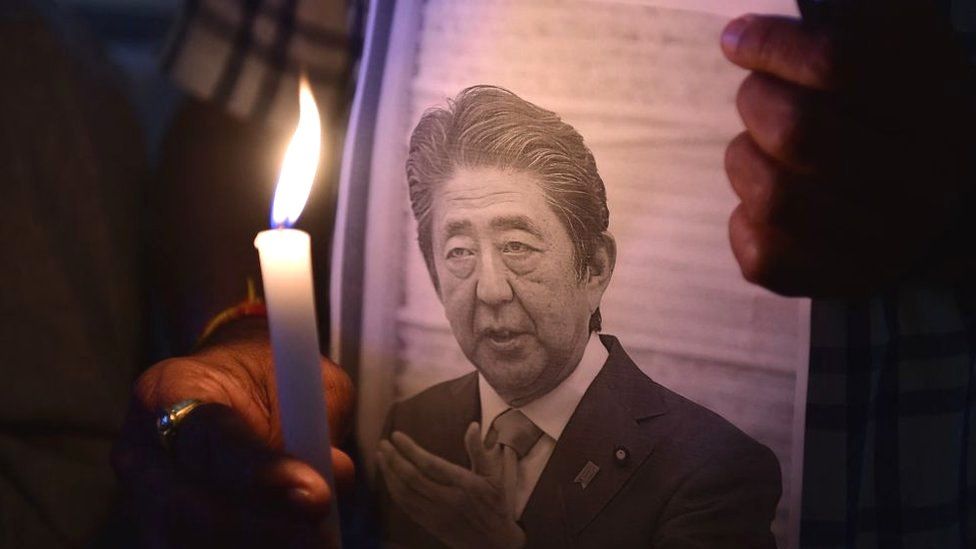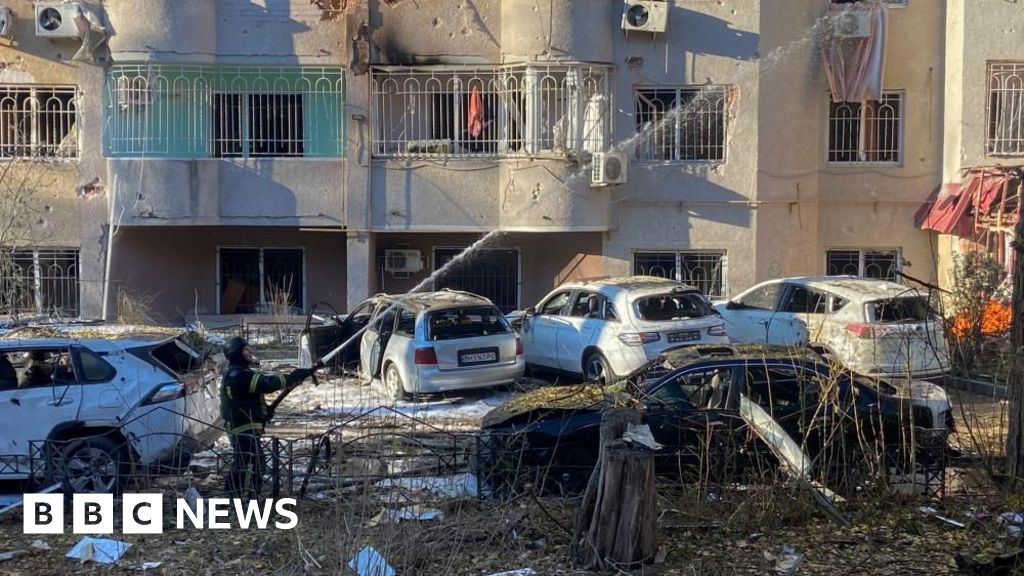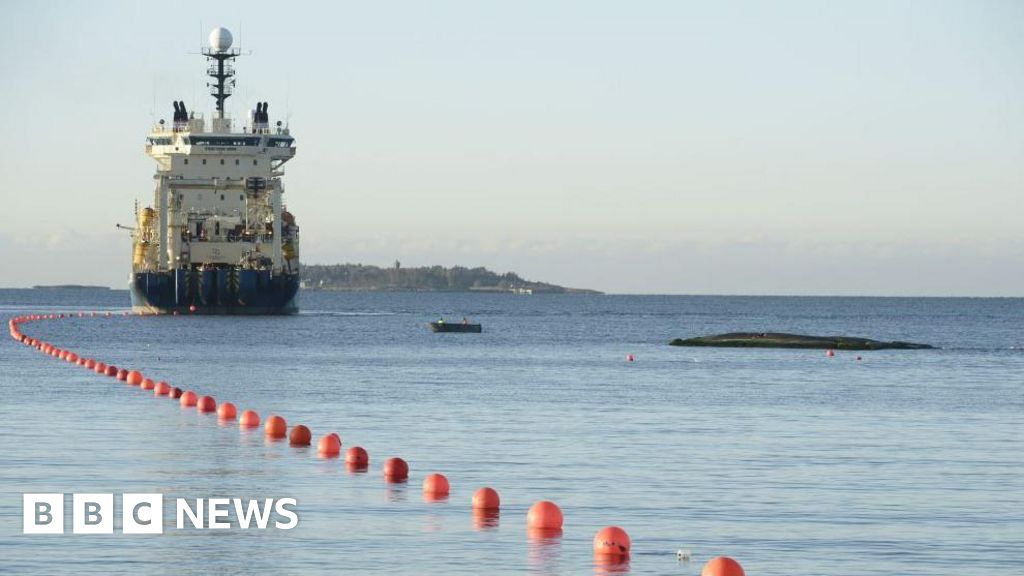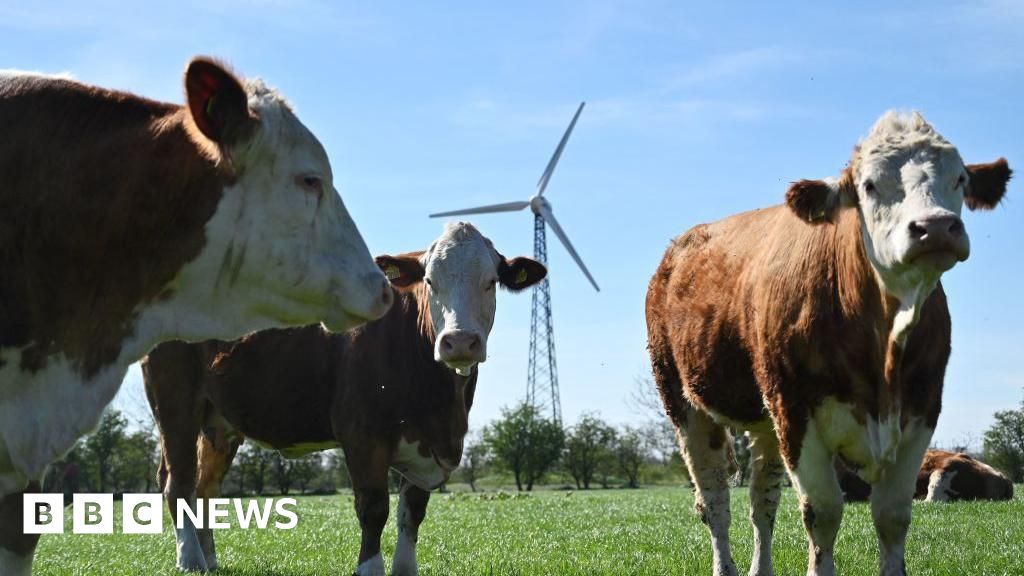ARTICLE AD BOX
By Zubaidah Abdul Jalil & Rupert Wingfield-Hayes
BBC News
 Image source, Getty Images
Image source, Getty Images
Hundreds showed up to pay their last respects to the former prime minister of Japan
Thousands of mourners are showing up to pay their last respects to former Japanese prime minister Shinzo Abe on Tuesday.
The private funeral, which is only open to friends and close family, is under way at Tokyo's Zojoji temple.
Following the funeral, the hearse bearing Abe's body will proceed through downtown Tokyo.
The 67-year-old was shot dead last Friday while delivering a campaign speech in Nara in southern Japan.
Inside the Zojoji temple, Buddhist rites are being carried out. Outside and across Tokyo, flags are flying at half mast.
A funeral procession on Tuesday afternoon will pass by landmarks like the parliament building, which Abe first entered as a lawmaker in 1993, and the office from which he led the nation as prime minister.
Image source, Reuters
Image caption,Mourners lined the streets to pay their last respects to former Japanese PM Shinzo Abe
Abe was Japan's longest serving post-war prime minister and one of its most influential politicians.
Police said the gunman targeted him due to grievances he had with a religious group that he believed Abe was a part of.
The attack sent shockwaves through a nation where incidences of gun violence are extremely rare.
A vigil held on Monday evening drew hundreds of dignitaries as well as thousands of ordinary Japanese citizens who came to lay flowers.
"I came here to offer flowers because I think he gave the Japanese something to be proud about," said Emi Osa.
Watch: 'It's just so sad' - Mourners attend a vigil for Japan's former PM Shinzo Abe
Abe was delivering a campaign speech in support of a candidate for Japan's upper house election when he was shot twice.
Footage of the attack showed the gunman, 41-year-old Tetsuya Yamagami, using a makeshift weapon made of metal and wood and held together by duct tape.
Abe suffered two bullet wounds to his neck and damage to his heart during the attack. He was said to be conscious and responsive in the minutes after the attack, but doctors said no vital signs were detected by the time he was transferred for treatment.
Police are still investigating what the gunman's motives were and whether he acted alone.
The shooting left Japan, a country unaccustomed to gun crimes and political violence, profoundly shaken. On average, there are fewer than 10 gun-related deaths in the country each year.
Guns are extremely difficult to acquire, and mandatory training, extensive background checks and psychological evaluation are required before permits are granted.
Abe's death drew an outpouring of shock from prominent world leaders, with UK Prime Minister Boris Johnson condemning the shooting as a "despicable attack".
US President Joe Biden called Prime Minister Kishida to express his "outrage, sadness and deep condolences", and called the assassination "a tragedy for Japan".

 2 years ago
18
2 years ago
18








 English (US)
English (US)